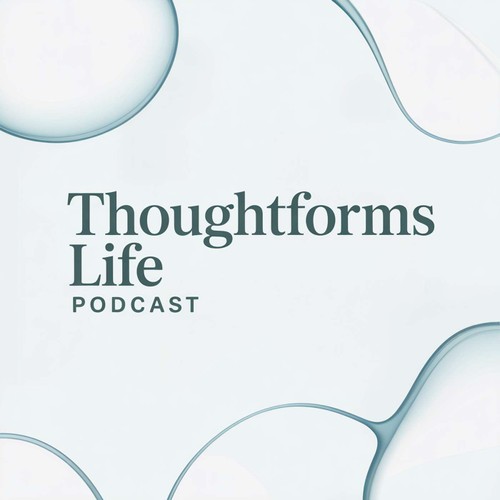
 Thoughtforms Life
Thoughtforms Life Discussion With Tim Jackson, Karl Friston, and Chris Fields
Aug 8, 2024
In a fascinating discussion, Tim Jackson, an evolutionary biologist, Karl Friston, a theoretical neuroscientist, and Chris Fields, a researcher in cognition, dive deep into the free energy principle. They explore how this principle applies to self-organization and evolutionary processes. Key topics include the role of generative models in understanding systems, the origins and significance of attractors, and the impact of noise on novelty in evolution. Each guest provides unique insights, grounding their ideas in physics while navigating philosophical implications.
AI Snips
Chapters
Books
Transcript
Episode notes
FEP As Practical Physical Method
- The Free Energy Principle (FEP) functions as a physics principle and practical method to reproduce self-organizing systems.
- It permits teleological descriptions (e.g., play, perception) as useful interpretations without implying teleology in the physics.
Approximation Not Literalism
- Variational free energy is a bound on self-information, so FEP descriptions are approximations unless the bound is tight.
- When the bound is tight the system "looks as if" it's making inferences, enabling useful yet approximate interpretive claims.
No Fixed Global Optimum
- Attracting sets in FEP must themselves be explained by evolutionary and ecological processes across scales.
- The environment and organism co-construct each other's landscapes, so there is no fixed global optimum.


